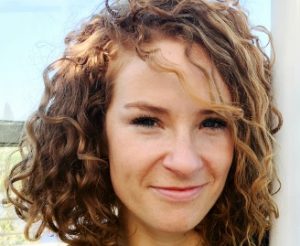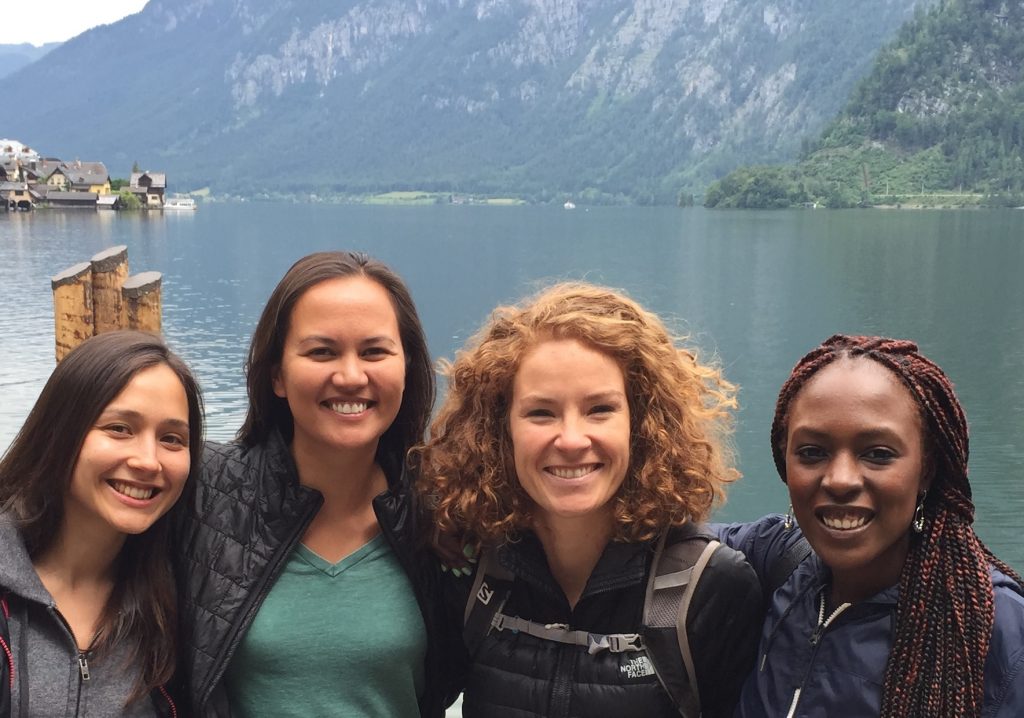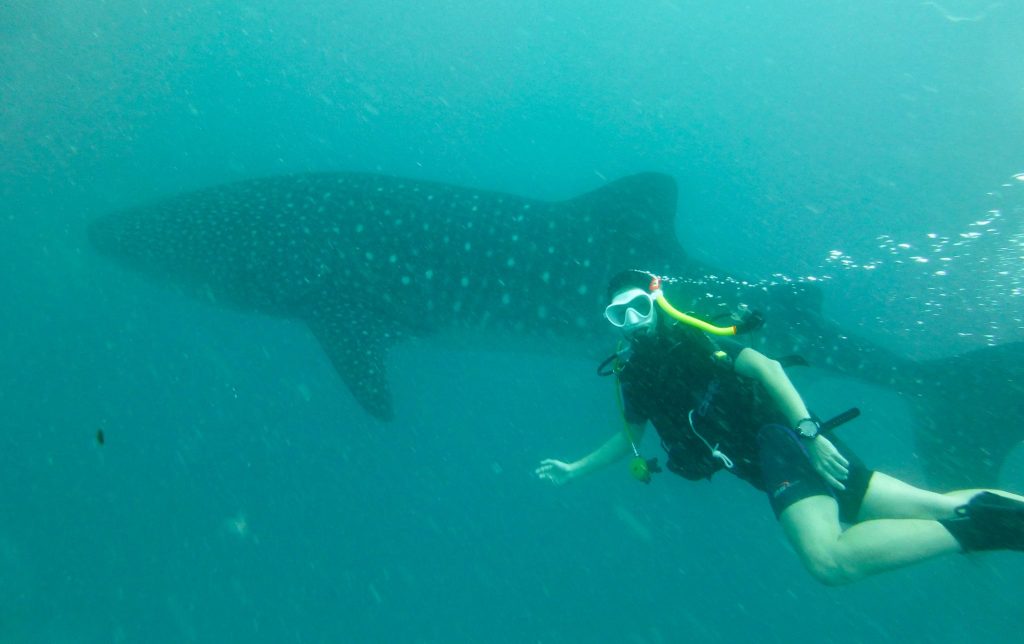By Anneke Brand, IIASA science communication intern 2016.
For Malgorzata (Gosia) Smieszek it’s all about making sound decisions, and she is not afraid of using unconventional routes in doing so. She applies this rule to various aspects of her fast-paced life. Whether it is taking the right steps in trail running races, skiing or relocating to the Arctic Circle to do a PhD.
Gosia’s passion for the Arctic began to evolve during a conversation with a professor at a time when she was contemplating the idea of returning to academia. “I remember, when he said the word Arctic, I thought: yes, that’s what I want to do. True, before I was interested in energy and environmental issues, but the Arctic was certainly not on my radar. So I went to the first bookstore I found, asked for anything about the North and the lady, after giving me a very confused look, said she might have some photo books. So I left with one and things developed from there.”
In 2013 Gosia joined the Arctic Centre of the University of Lapland in Rovaniemi, Finland. Living there is not always easy, but hey, if you get to see the Northern Lights, reindeers and Santa Claus on a regular basis, it might be worth enduring long times of darkness in winter and endless sunshine in summer. With temperatures averaging −30°C, Rovaniemi is the perfect playground for Gosia.

Running is one of Gosia’s favorite sports. She has competed in a few marathons, but her biggest race to date is the Butcher’s Run, an ultra trail of 83km over the Bieszczady mountains in Poland. Here she is running in the Tatra mountains. © Gosia Smieszek
Gosia grew up in Gliwice, a town in southern Poland, before moving to Kraków where she completed her undergraduate degree in international relations and political science. This was just before Poland’s accession to the EU, so it was the perfect time to pursue studies in this field.
She continued her studies in various locations including Belgium, France, Poland, and Austria. Before continuing her education and later working at the College of Europe, she also gained working experience as a translator at a large printing house in her home town in Poland.
For her PhD Gosia focuses on the interactions between scientists and policymakers, with the aim of enhancing evidence-based decision making in the Arctic Council. Scientific research on the Arctic has been conducted for decades, but “when it comes to translating science into practice it is still a huge challenge―on all possible levels,” she says.
“Scientists and policymakers have their own, very different, universes—with their own stories, goals, timelines, working methods and standards. It is better than in the past, but still extremely difficult to make these two universes meet.”
As part of the Arctic Futures Initiative at IIASA, Gosia investigates and maps the structural organization of the Arctic Council and aims to determine the effectiveness of interactions between scientists and policymakers, as well as ways to improve the flow of knowledge and information between them.
Because of the nature of her work, Gosia spends almost half her time away from home, but you will never find her traveling without running shoes, swimming gear, and something to read. Diving, one of her greatest passions, has taken her to amazing places like Cuba and the Maldives, where meeting a whale shark face-to-face topped her list of underwater experiences.
Gosia is truly hoping to make a difference with her research on science-policy interface. She says: “To me, trying to bridge science and policy is a truly fascinating endeavor. Exploring these two worlds, seeking to understand them and learning their ‘languages’ to enable better communication between them is what drives me in my research. So hopefully we can learn from past mistakes and make things better—this time.”
Note: This article gives the views of the author, and not the position of the Nexus blog, nor of the International Institute for Applied Systems Analysis.




You must be logged in to post a comment.